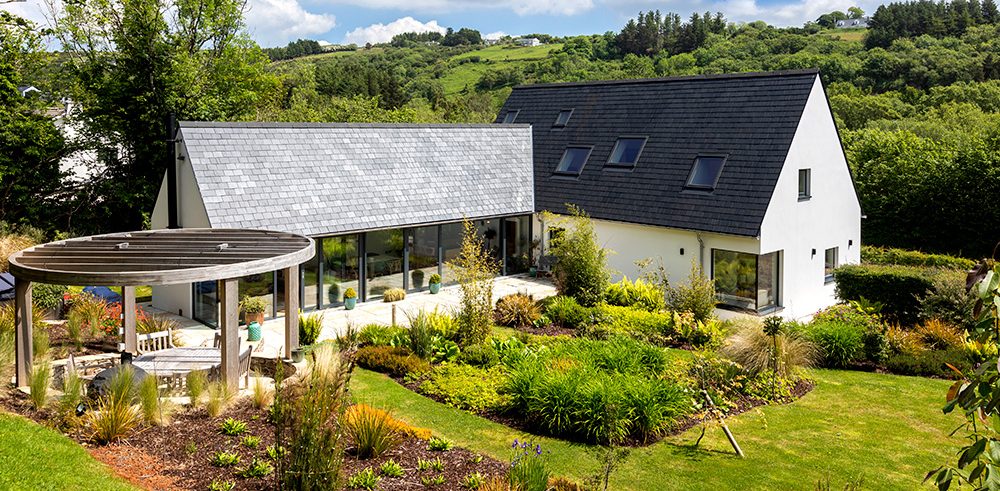Before you go applying for planning permission, check if the zoning rules don’t come under local needs.
In this article we cover:
- What are local only rules
- Typical scenarios where you can be turned down planning
- Housing Need and how to determine if you qualify
In ROI, the overarching planning document in relation to who can build in rural areas is the Department of Housing’s Sustainable Rural Housing Guidelines, which dates back to 2005.
The planning document was meant to be revised over 10 years ago.
These allow for so-called ‘locals only’ rules, whereby people from the local area may be given the right to build in the open countryside. Each local authority can interpret what that means through its County Development Plan. Planning policy is often open to interpretation, leading to inconsistencies.
[adrotate banner="58"]The planners refer to the locals only or local needs provision as a Housing Need, which is not to be confused with a need for housing.
By housing need they mean a need for housing in a specific rural location. If you’re not local or aren’t using the land for a genuine agricultural purposes, planning permission will very likely be denied. The idea is to protect the rural landscape and prevent sprawl.

“If we want to sustain our rural communities, then we need to allow people to build their house, typically where they grew up,” Roscommon-Galway TD Claire Kerrane said.
“Local authorities are really being a law unto themselves. The rules are different in various parts of the country and in other parts of the country, it’s even more difficult than in other parts, to get that planning permission.”
An update to the department’s Sustainable Rural Housing Guidelines has been promised for over a decade. A few months ago, Minister for Rural Affairs Heather Humphries indicated the government is in favour of making it easier to build in the open countryside.
“None of us wants to see a return to the bad old days of ribbon development or houses being built on flood plains. However, there has to be a balance in this regard,” she said.

“Our planning regulations need to support people to build on their own land. We have a golden, once-in-a-generation opportunity now to support the return of young people to our rural parishes. Government policy must support this, not get in the way of it. It is critical that the forthcoming rural planning guidelines from the Department of Housing, Local Government and Heritage recognise this.”
The Department of Housing plans to publish a public consultation to update the guidelines, but no date has been set.
Contact your local authority’s planning department to discuss your case; they will facilitate a pre-planning meeting where you can discuss all concerns.
Typical scenarios for those wishing to build in the countryside
Scenario 1: You were born and raised in a town and want to build a house on the outskirts. If the land is zoned in a greenbelt the planners are likely to say you have no rural housing need, and will encourage you to build in the town. Let’s say your parents bought a rural house in their later years and you plan to look after them, now that they are elderly. Seeing how you weren’t raised there, you’re unlikely to be considered to have a housing need to build a new house near them.
Without a connection to the land you will need to demonstrate that you are dependant on it for work, e.g. as a full-time farmer with herd numbers and an agricultural business plan, before you can claim a rural housing need.
Scenario 2: You previously lived in a rural area but want to build in another rural area. If you aren’t going to be building close to where you grew up (the number of kilometres is usually specified in your local authority’s County Development Plan), you are likely to be denied planning permission.
Scenario 3: You may also be denied planning if you’ve already built a house, not unreasonably far from your farm.



